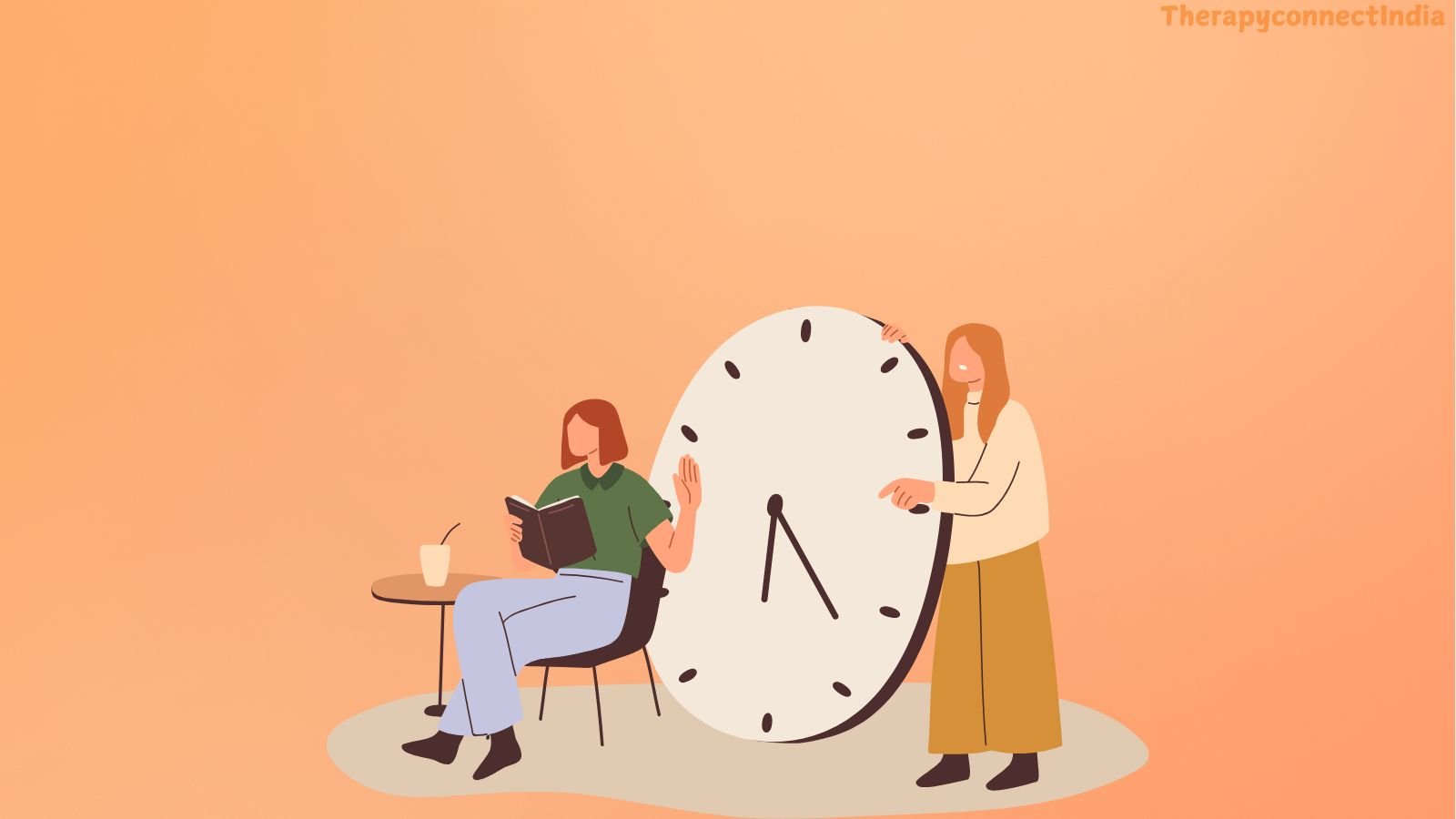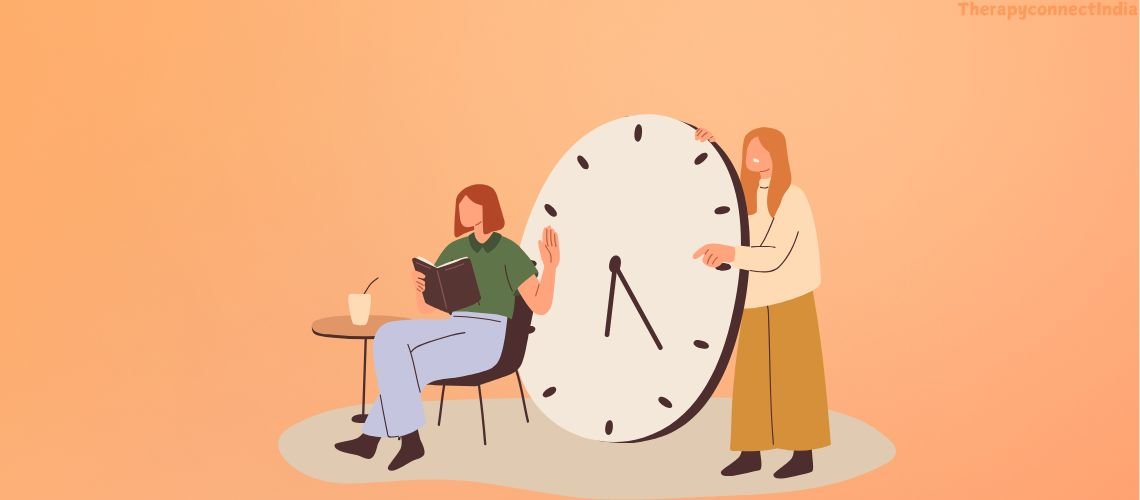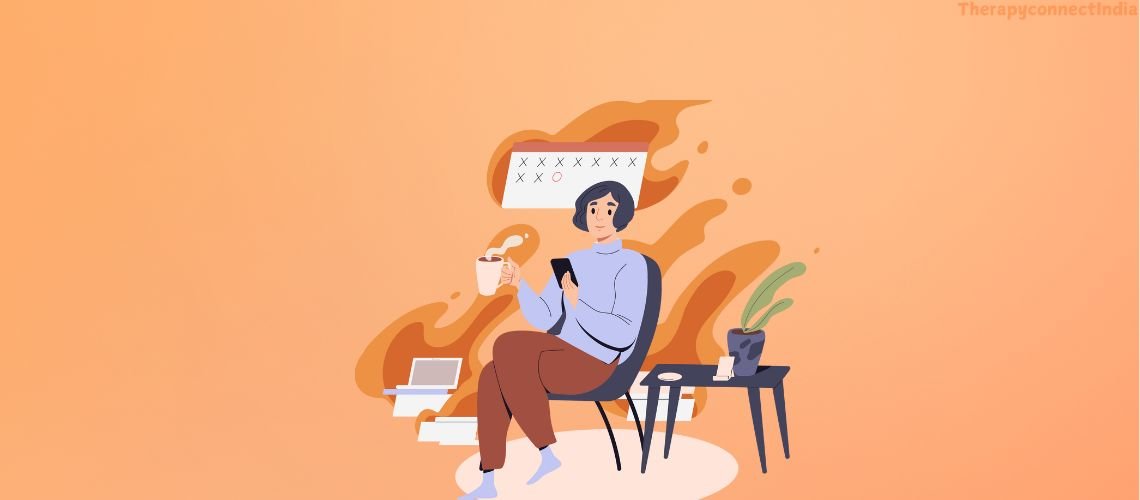Procrastination Anxiety: Why Students Struggle and How to Break the Cycle

Procrastination is something most students experience at some point. It happens when you keep delaying important tasks, even though you know you should start. Many students assume they procrastinate because they are lazy, but the truth is that procrastination is often linked to mental health. When students feel anxious about their work, they avoid starting it, which leads to last-minute panic, stress, and lower-quality work. This is known as procrastination anxiety.
The connection between procrastination and mental health is strong. Students who experience anxiety about assignments, tests, or projects often struggle to begin because they fear failure or feel overwhelmed. As a result, they push tasks to the last minute, leading to sleepless nights, rushed work, and even more anxiety. The cycle repeats itself, making it harder to break free from the habit.

One of the main reasons students procrastinate is fear of failure. Many students worry that their work will not be good enough, so they delay starting it. This is common among perfectionists who feel intense pressure to meet high standards. Instead of facing the possibility of doing poorly, they avoid the task altogether. For students struggling with perfectionism, Verywell Mind provides helpful guidance on managing these thoughts.
Another major cause of procrastination is feeling overwhelmed. When students receive large assignments, they may not know where to start. The task seems so big that beginning it feels impossible. A useful strategy is to break the task into smaller, more manageable steps. For example, if a student has to write a research paper, they can start by choosing a topic, then move on to finding sources, writing an outline, and finally drafting the paper. Lifehack offers great advice on breaking down large tasks effectively.

Distractions also play a significant role in procrastination. Social media, video games, and streaming platforms provide instant entertainment, making it difficult for students to focus on tasks that require effort. Since these distractions give immediate pleasure, they can seem more appealing than studying. One way to reduce distractions is by using productivity tools like Forest App, which help students stay focused by blocking distracting websites and apps.
Some students procrastinate because they feel drained and unmotivated. Mental exhaustion from stress, lack of sleep, or personal issues can make it difficult to start anything productive. When students are low on energy, even simple tasks feel overwhelming. A useful approach is to work in short bursts. The Pomodoro Technique, which involves working for 25 minutes and then taking a short five-minute break, helps maintain focus while preventing burnout. Todoist provides a detailed guide on how to implement this method effectively.

Procrastination can negatively impact a student’s mental health in several ways.



Procrastination anxiety can feel overwhelming, but small changes can make a big difference. Instead of waiting for the perfect moment to start, students should take the first step today. Whether it’s using the two-minute rule, breaking tasks into smaller steps, or eliminating distractions, every small effort helps in overcoming procrastination. The key is to focus on progress, not perfection. By developing better habits and changing the way they approach tasks, students can reduce anxiety, improve their academic performance, and feel more in control of their work.